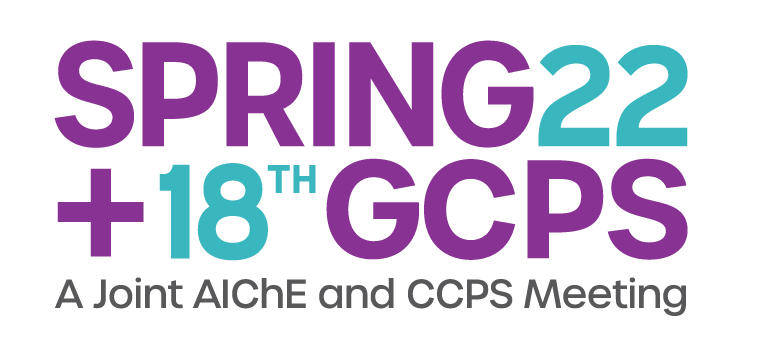

In this work we present a progress in the development of the advanced mass-transfer model for structured packings, which is based on: a) analysis of the distillation composition profiles in the industrially accepted size of the equipment (providing kLa, kGa instead of HETP); b) usage of the non-ideal hydrodynamic model for the liquid phase (plug flow with the axial dispersion); c) utilization of the data acquired with proven absorption test methods with non-air (kG) and non-aqueous (kL) systems and with more than one transferring solute; d) incorporation of the Marangoni effects influence in the model for the interfacial area and liquid-side mass transfer coefficient.
Mass transfer coefficient in the gas phase, kG, is modeled by the dimensionless equations derived from the theoretical considerations and experiments with SO2 chemisorption from helium, nitrogen and SF6 and valid also for NH3 absorption from the air. The gas Schmidt number range of ScG 0.49 - 2.32 covered by experiments includes that of ordinary distillations. We assume the model valid also for the distillation conditions due to the relatively simple nature of the gas phase and broad range of the experimental conditions used for its development. Also the latest distillation experimental results indicate the transferability.
The distillation experiments with neutral, positive, and negative system revealed that the interfacial area for the positive system (n‑hexane/cyclohexane) is 17 – 20% higher than that for chemically similar but negative system (cyclohexane/n-heptane), which is attributed to the Marangoni effects. For neutral system (ethanol/n-propanol) the values of the effective mass-transfer area agree with those obtained by chemisorption experiments. The effective interfacial area model is therefore based on the regression of the chemisorption experiments results and incorporates correction for the Marangoni effects.
Dimensionless equation for the mass transfer coefficient in the liquid phase, kL, is derived from the experiments with oxygen desorption from water, methanol, ethanol, n-propanol. However, analysis of the composition profiles revealed negligible mass-transfer resistance of the liquid phase for the negative and positive system, while for the neutral system the liquid phase resistance is clearly detectable and kLa values reach 180 – 190% of those following from the desorption correlation. The kL model is therefore applied for the systems with stabilization index close to unity (neutral systems), otherwise the liquid-side mass-transfer resistance is considered negligible.
The model assumes plug flow for the gas phase as air-water experiments did not show any significant deviations from the plug flow for the ordinary hydrodynamic conditions. The plug flow with axial dispersion is introduced for the liquid phase hydrodynamics. The corresponding values of the Bodenstein number are derived from the results obtained with air-water system as well as of distillation experiments.
The specific parameters of the here presented model are derived from the experimental data acquired with i.d. 300 mm distillation and i.d. 150/300 mm absorption columns for Mellapak packings.
